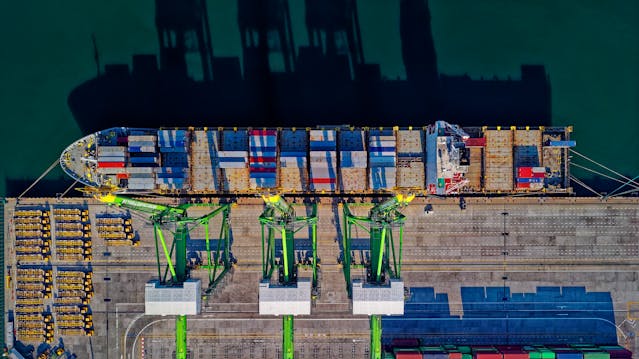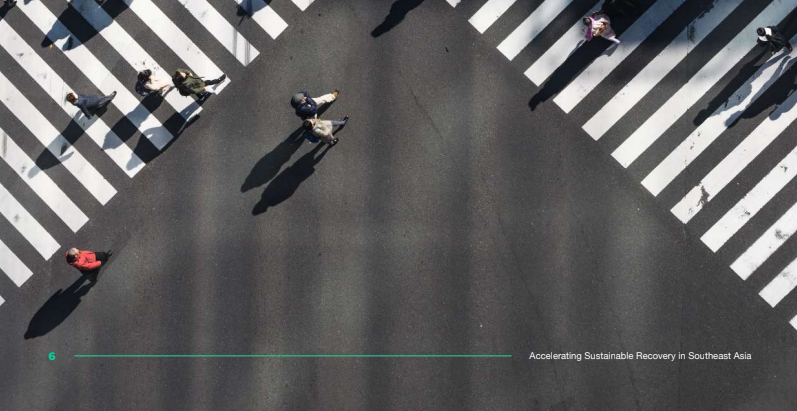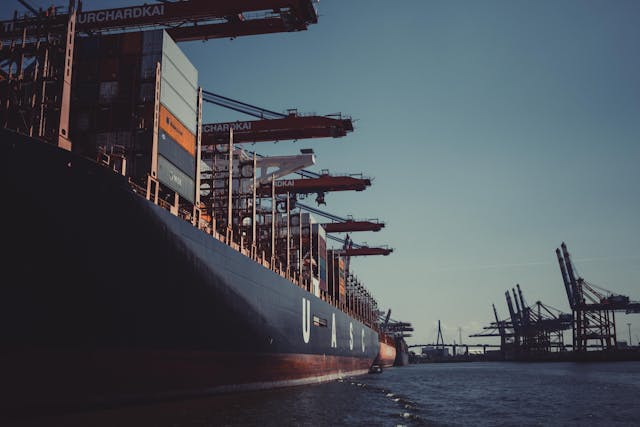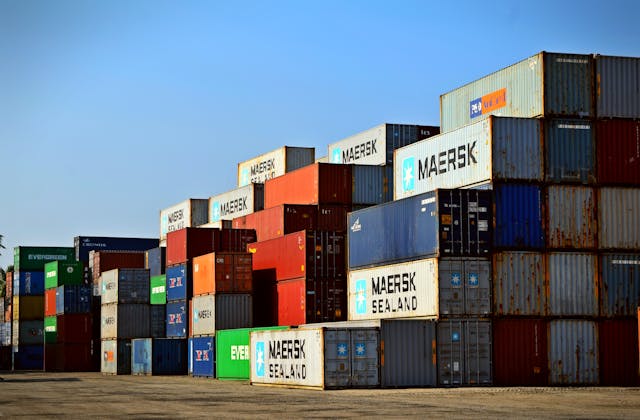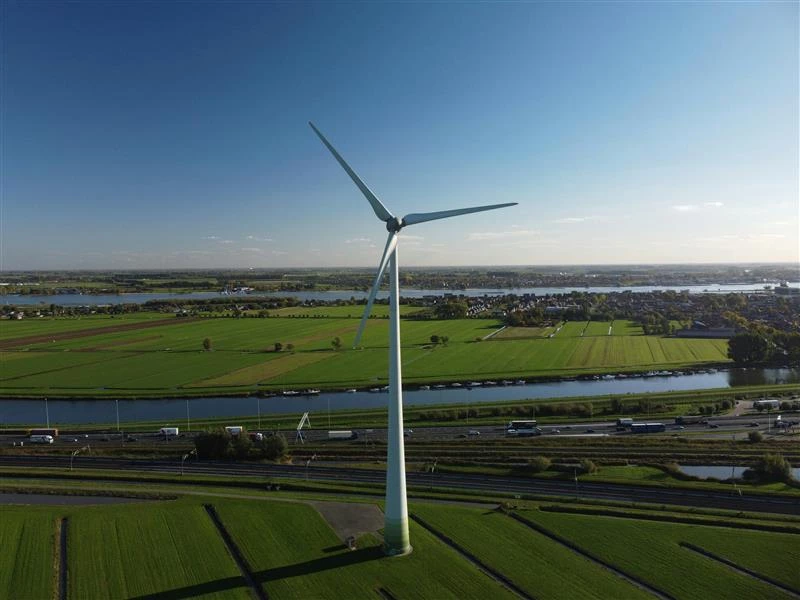In recent years, sustainable practices have emerged as a significant driver of change in the last mile logistics market in Southeast Asia (SEA). Environmental, social, and governance (ESG) considerations have become key factors influencing consumer purchasing decisions, with many consumers in SEA showing a preference for sustainable products and services.
This growing demand for sustainability presents a unique opportunity for last mile logistics providers to differentiate themselves in the market and attract environmentally-conscious consumers.
Recent Sustainable Practices in SEA Last Mile Logistics
One notable sustainable practice in SEA last mile logistics is the adoption of electric vehicles (EVs). Governments and businesses in the region are increasingly promoting clean energy and sustainable mobility, which has led to a rise in the use of EVs for delivery operations. Investing in EVs enables last mile providers to reduce long-term fuel expenses and lower their carbon footprint.
For instance, Lazada Logistics piloted a fleet of electric bicycles in major urban hubs like Hanoi and Ho Chi Minh City in Vietnam to expedite deliveries and manage their environmental impact. In Singapore, Kia Corporation is partnering with startup S.lab Asia Inc. to introduce electric purpose-built vehicles (PBVs) optimized for last mile logistics, catering to the growing e-commerce market.
Another initiative involves the adoption of sustainable packaging solutions. Many businesses are transitioning to recyclable or biodegradable packaging materials to reduce long-term costs and environmental impact. By using reusable packaging like zipper boxes and electronic shipping labels, companies can minimize waste and promote sustainable practices in their logistics operations. During events like the 11.11 shopping festival, enterprises using Alibaba's Cainiao logistic network saved significant amounts of paper by switching to electronic shipping labels.
Battery swapping is also gaining traction as a sustainable solution to address the recharging needs of electric vehicles in last mile logistics. In regions like SEA where charging infrastructure can be limited and logistics operations face challenges like varied terrain and traffic congestion, battery swapping offers an efficient alternative to traditional charging methods. Gogoro, a Taiwanese startup, partnered with Filipino conglomerate Ayala Corporation to launch a battery swapping pilot in Manila, aligning with the Philippines' Electric Vehicle Industry Development Act. This initiative aims to enhance the reliability and sustainability of delivery operations by optimizing EV fleets through innovative battery-swapping technology.
These sustainable practices reduce environmental impact and appeal to a growing segment of environmentally-conscious consumers. Research shows that ESG factors are among the top reasons for consumers in SEA to switch brands, with many willing to pay a premium for sustainable products and services. By incorporating sustainable innovations into their operations, last mile logistics providers can enhance their brand reputation, attract new customers, and contribute to the overall sustainability goals of the region.
Challenges and Opportunities
While sustainable practices offer numerous benefits, they also have challenges associated with their implementation. One of the main obstacles is the initial investment required to adopt new technologies like electric vehicles and battery-swapping systems. Additionally, logistics companies must navigate regulatory frameworks and infrastructure limitations to integrate these innovations effectively into their operations.
Despite these challenges, sustainable practices in SEA last mile logistics present significant opportunities. By embracing sustainability, companies can differentiate themselves in a competitive market, attract environmentally-conscious consumers, and contribute to the overall reduction of carbon emissions in the logistics industry. Moreover, governments and industry stakeholders increasingly support sustainable initiatives through policy incentives and funding, creating a conducive environment for innovation and growth.
To get insight into emerging trends in Southeast Asia's sustainability landscape, subscribe to our newsletter here and check out our latest reports below:
